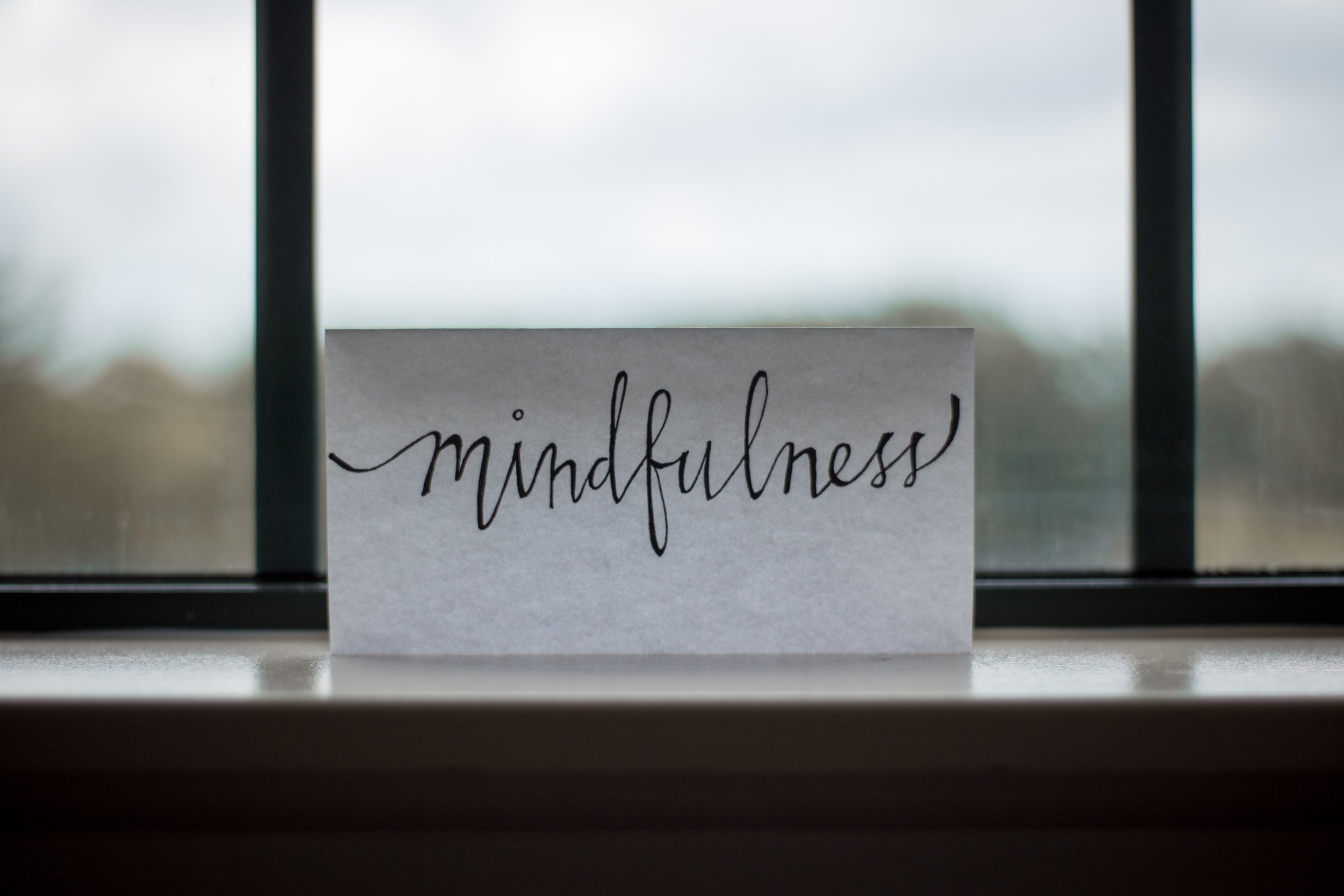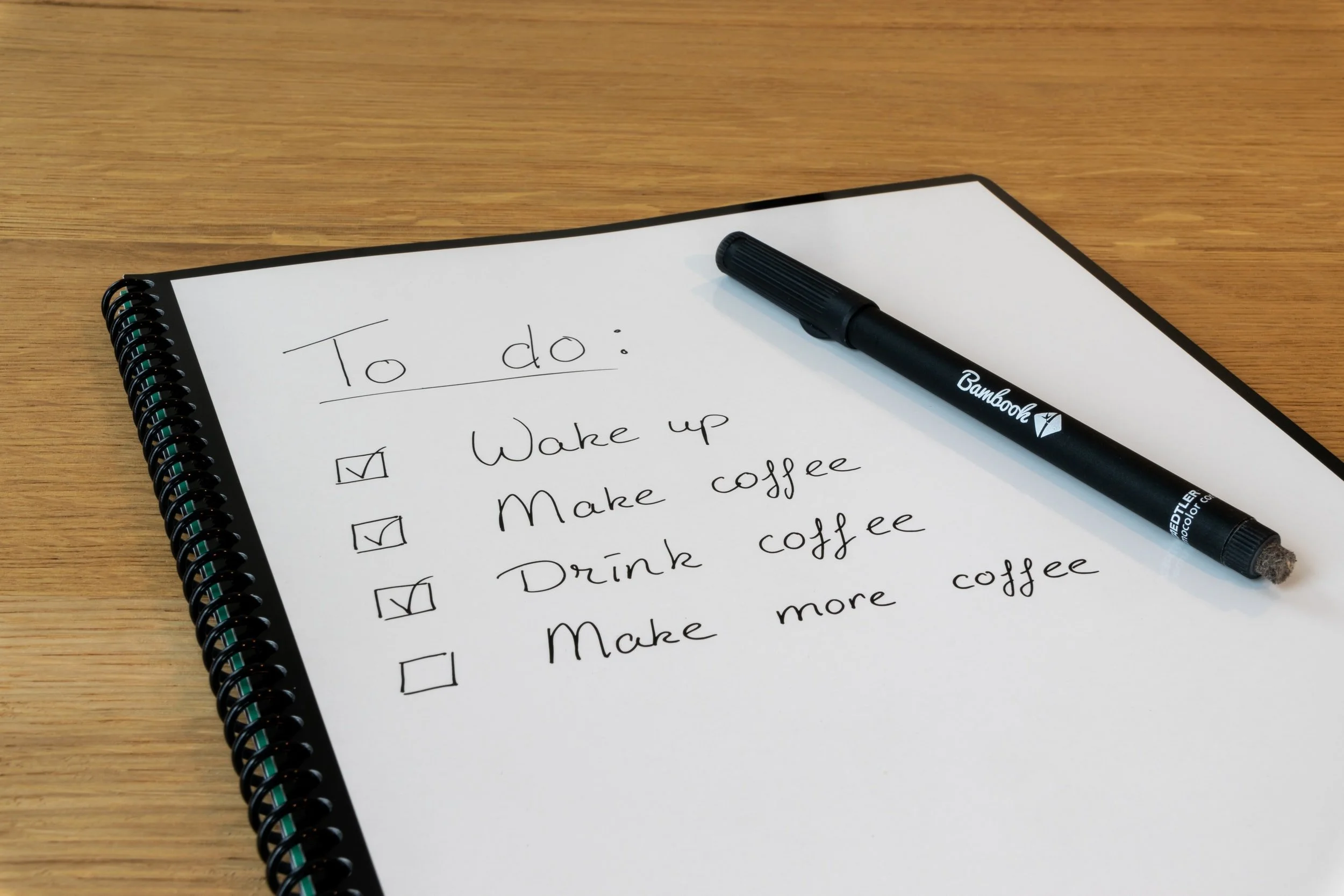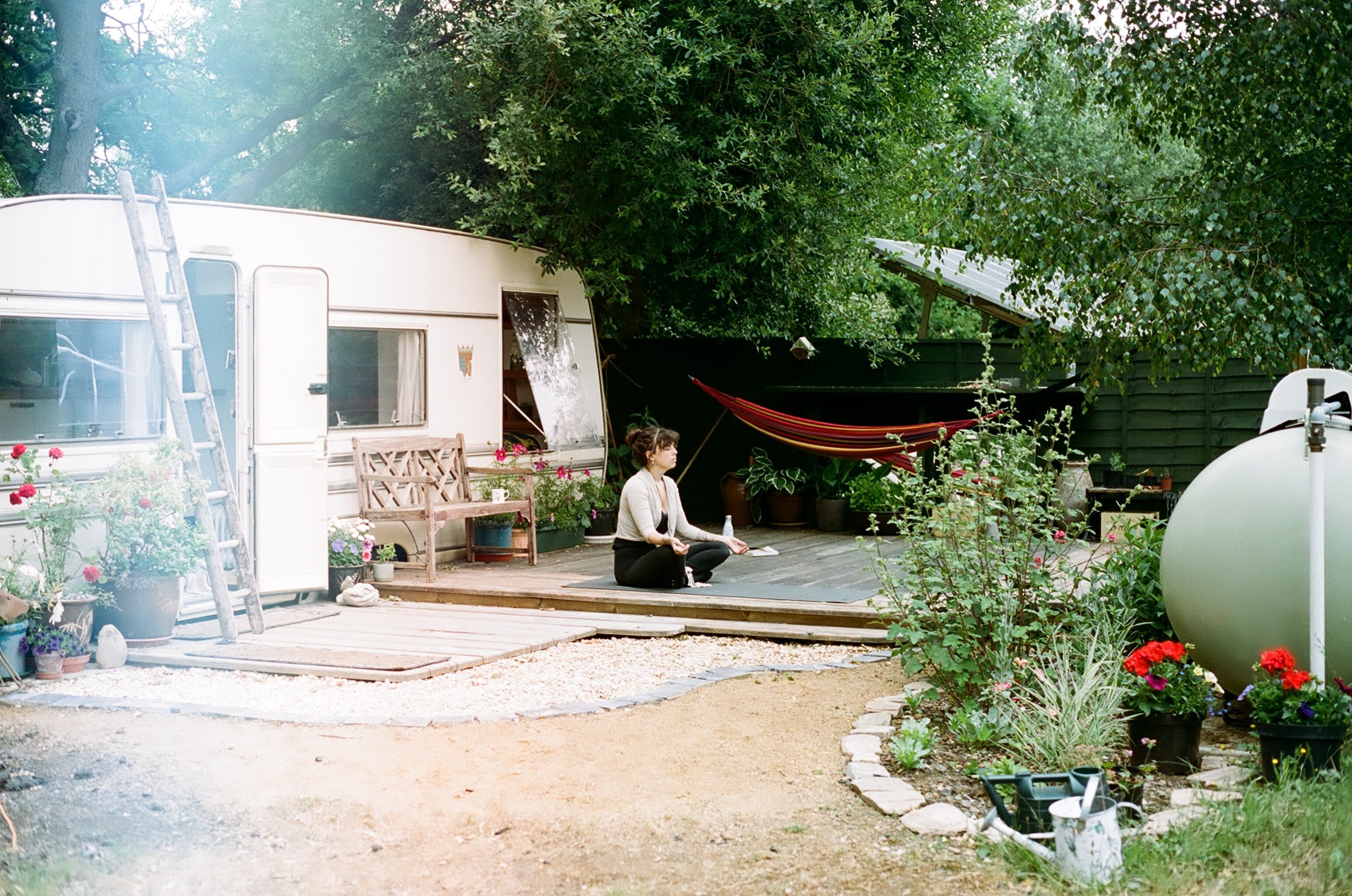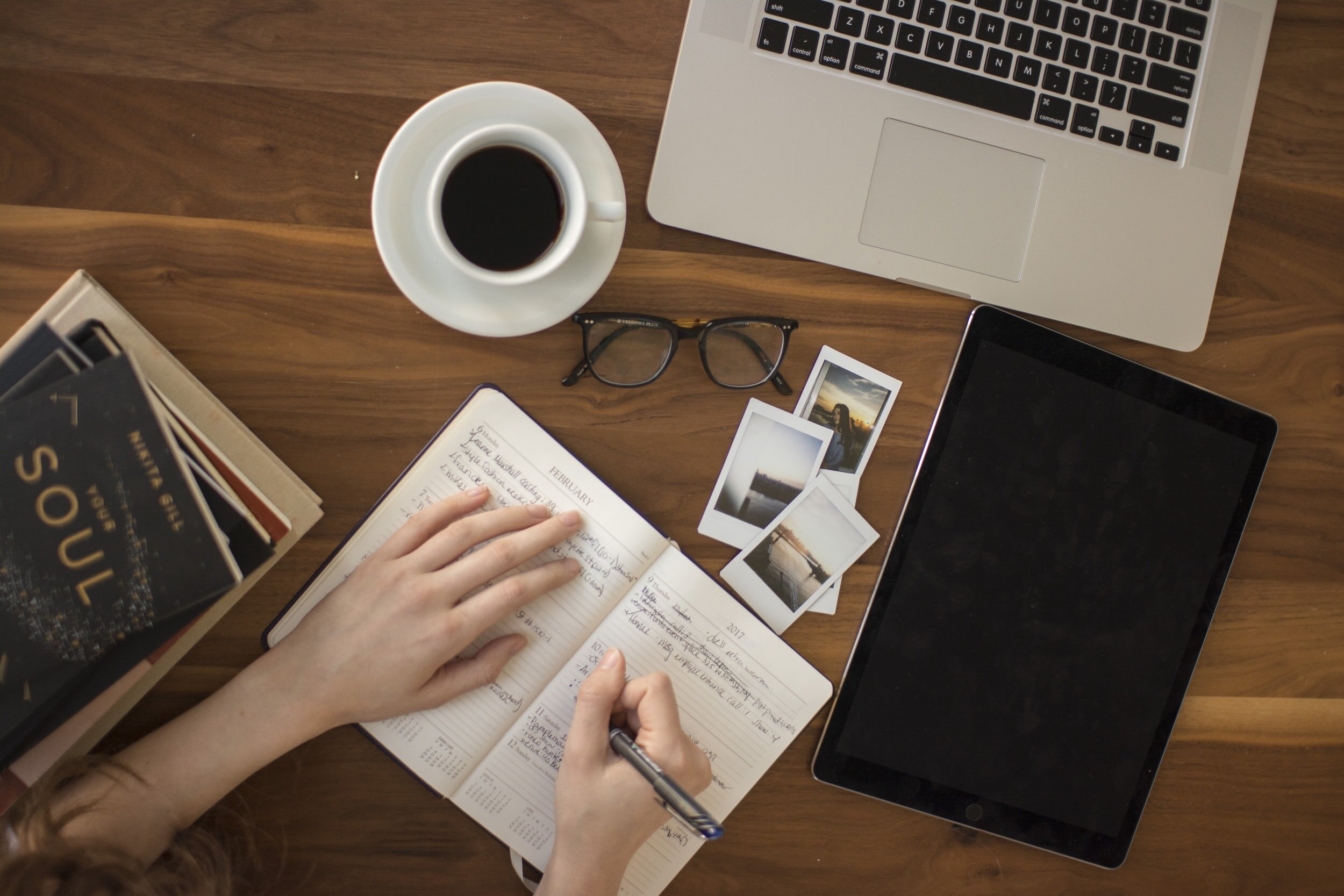
The Hardest Time Of The Year

What do all of those initials mean?

Finding the Right Therapist For You

Conquering Obstacles to a Daily Program of Deep Relaxation
Are you trying to start a more routine program of practicing deep relaxation?
Conquering Obstacles to a Daily Program of Deep Relaxation
You may encounter difficulties as you start any new routine, but we all know that sticking to it is the key to making it work.
Some people may find that deep relaxation brings up suppressed feelings, which can often be accompanied by sensations of anxiety. If this happens to you, be sure to start your practice slowly with shorter periods of relaxation and gradually work up to longer periods. The moment you start feeling any anxiety, simply open your eyes and stop your practice until you feel better. With time, patience, and practice, this issue should diminish. If it doesn’t, it may be helpful to consult with your therapist to assist you with the relaxation process.

Is stress causing you uncomfortable muscle tension? Here’s a coping strategy to help!
People with anxiety difficulties are often so tense throughout the day that they don’t even recognize what being relaxed feels like. Through practice you can learn to distinguish between the feelings of a tensed muscle and a completely relaxed muscle. Then, you can begin to “cue” this relaxed state at the first sign of the muscle tension that accompanies your feelings of anxiety. By tensing and releasing, you learn what relaxation feels like and how to recognize when you are starting to get tense during the day.

Relaxation and Mindful Breathing
Relaxation and Mindful Breathing. How do you unwind? Do you read a good book? Do you plop down in front of the TV and binge watch a series? Do you take a bubble bath? Of course, these are all great forms of relaxation, but in order for relaxation to really impact anxiety, you need to engage in deep meaningful relaxation daily on a regular basis. One simple and essential way to begin practicing deep relaxation is through therapeutic breathing practices.

What is mindfulness?

To-do Lists Revamped to Manage Stress
We all have a to-do list. It’s either rolling around in our head all the time or we have a bunch of random pieces of paper all over the house/work with many lists on them. With this step-by-step guide to a new way of managing the to-do list, you will no longer get overwhelmed by the things that you want to get done in the next month or next spring because you have a plan for it and you can trust that it will make it on to the correct to-do lists.

Coping skills for anxiety and stress
Coping skills are one way of helping ourselves manage stress and challenges. Coping skills can provide distraction at times when we need to stop thinking or feeling things for a little while to get a break. They can help us settle down just enough to think clearly and understand what is happening better. They can provide relaxation and enjoyment that we haven’t been feeling lately because of all the stress and anxiety that we have been experiencing. Here are 4 categories of ways to cope.

What is stress and what do we do about it?
Throughout our lives, we all experience stress. Whether it’s a project at work or getting all the Christmas presents bought in time for the party. Stress is common. Especially as our society gets busier and more fast-paced. But there’s also this thing called anxiety that you hear about and maybe even suspect that you might be facing. The truth is that stress and anxiety are similar, and their symptoms often overlap.

3 Ways Therapy Helps You Address Anxiety
To rid yourself of overwhelming anxiety once and for all, you’ve got to get to the root cause of it – the underlying factors. A therapist can help you identify and eliminate these underlying factors.
If you are suffering from an anxiety disorder, here are 3 ways therapy can help:

